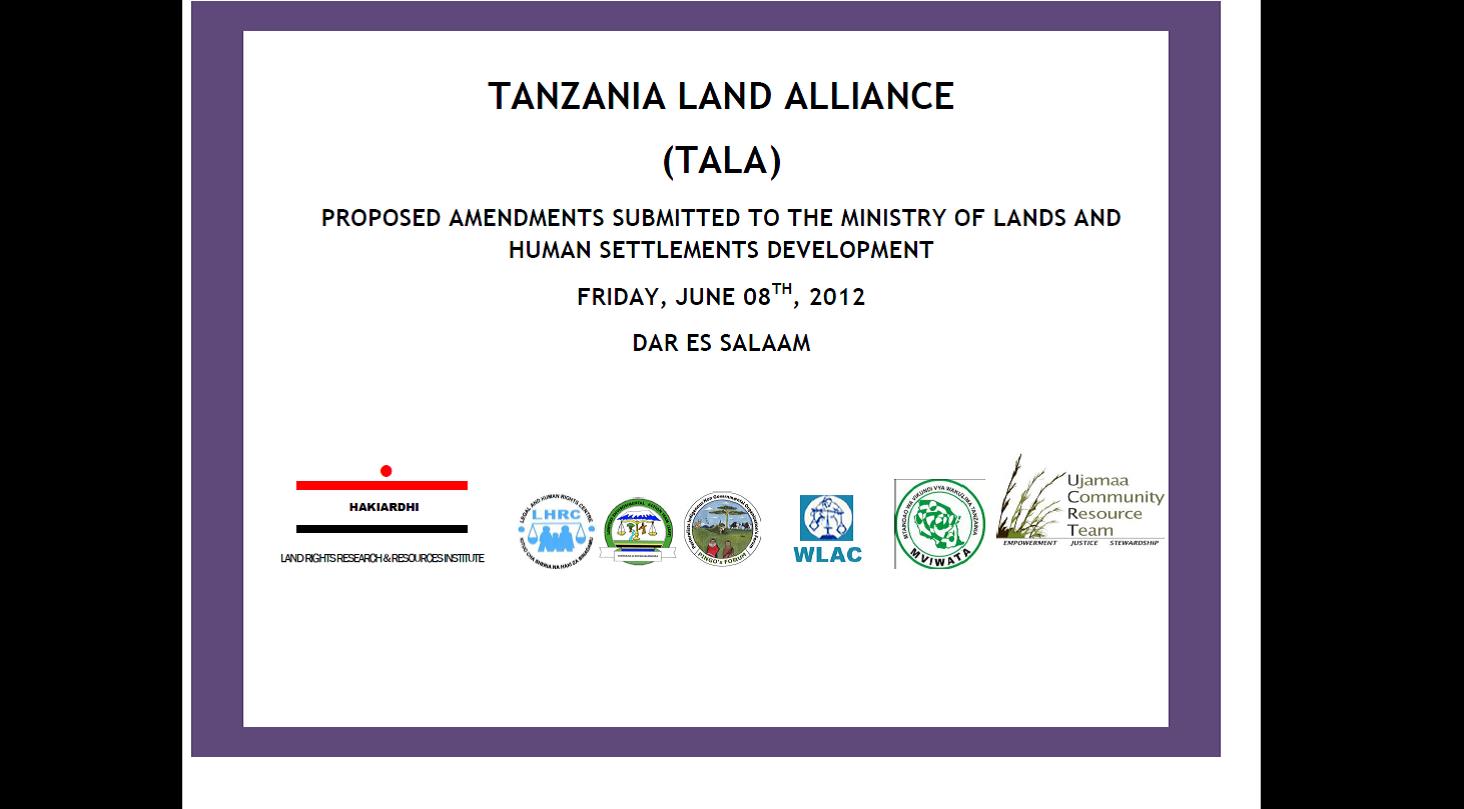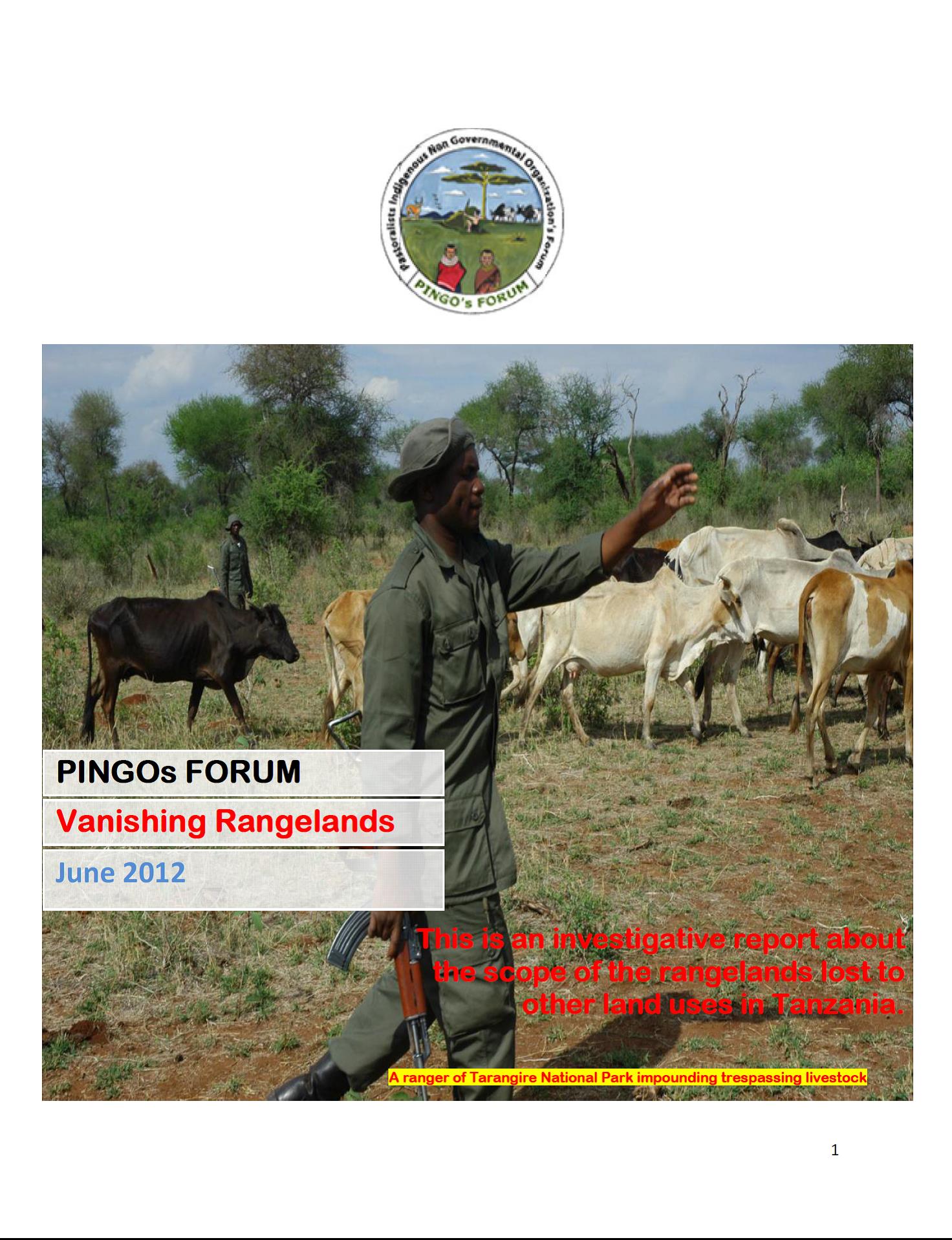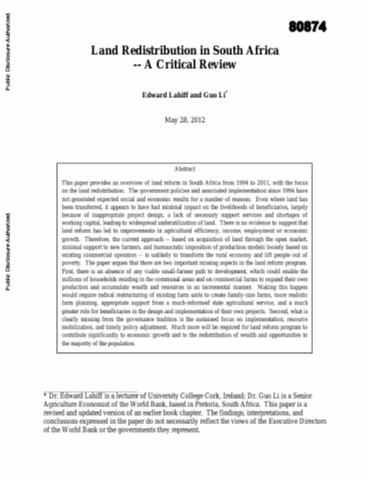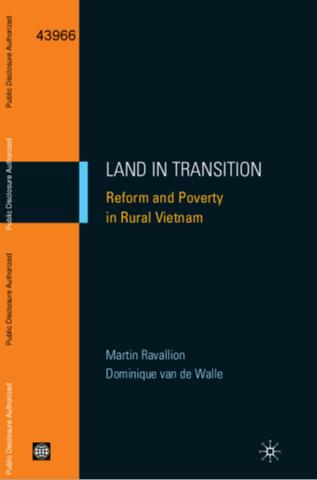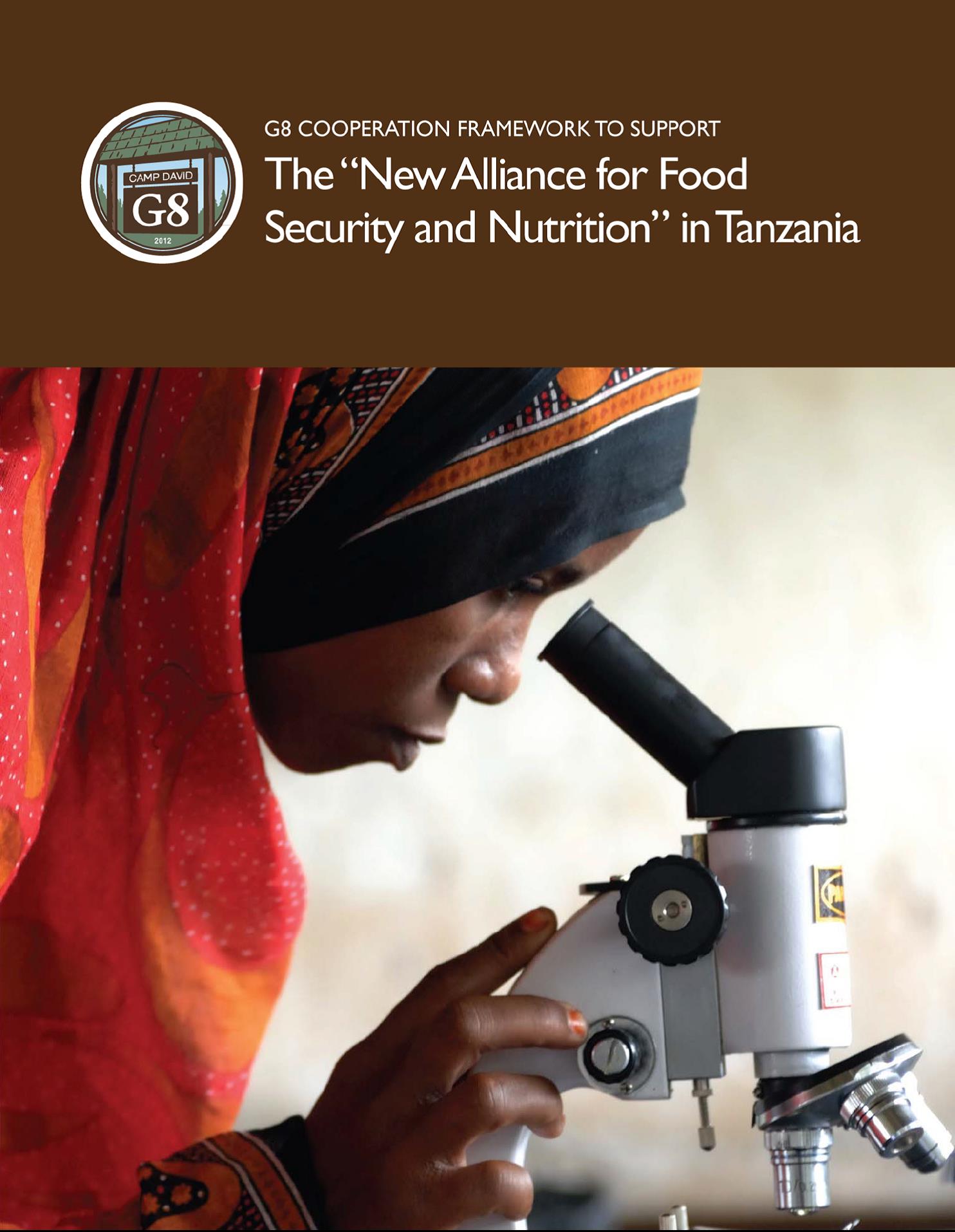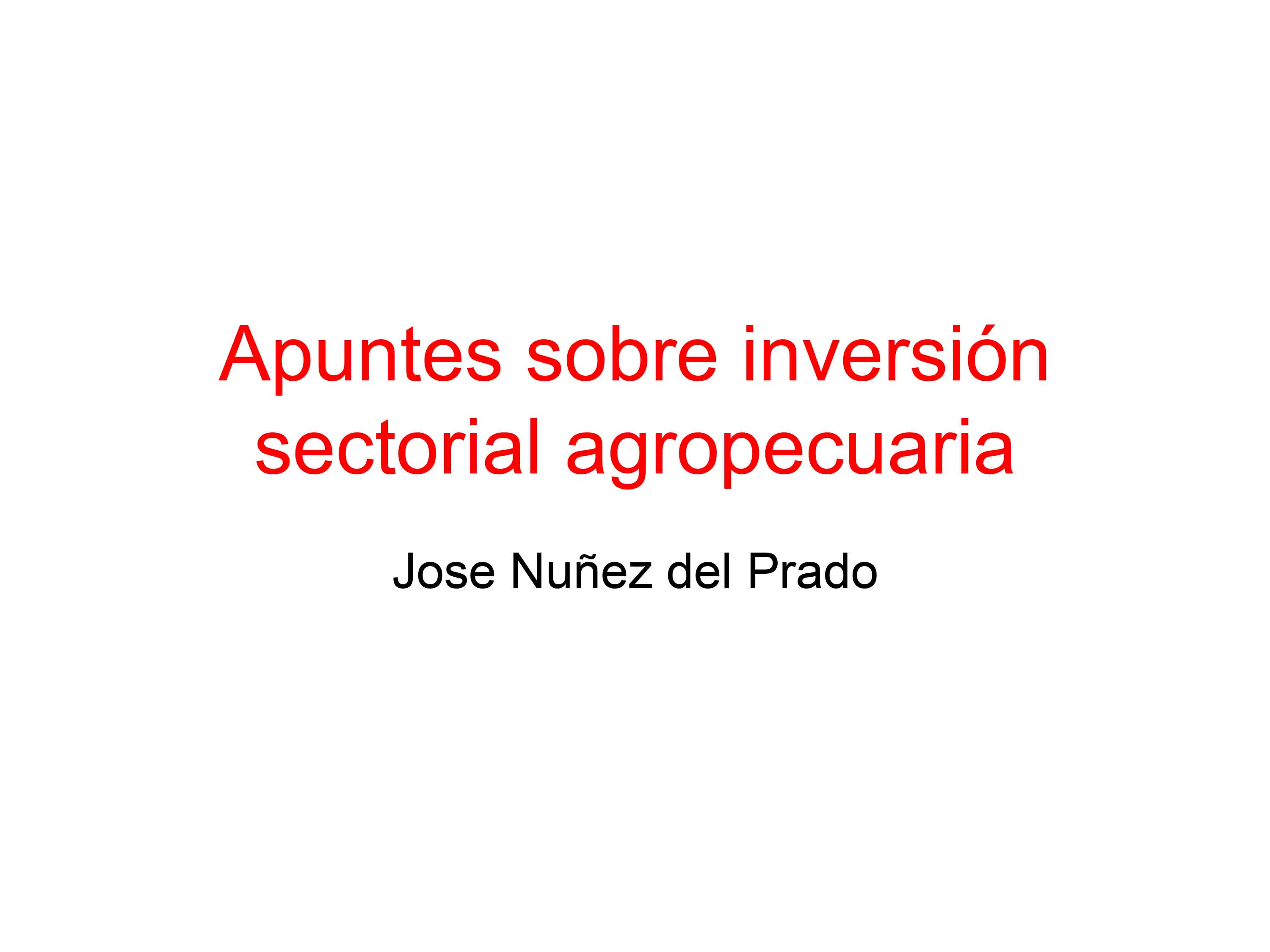Income Generation and Social Protection for the Poor
This report summarizes and consolidates the findings of three Bank studies on poverty issues in Mexico, written as part of the second phase of this work: Urban Poverty, Rural Poverty, and Social Protection. It also expands on how Mexico will seek to use social protection policy as a vehicle for redistribution. Discussed in Chapter 1, the state has a clear role in providing risk-pooling mechanisms where private insurance markets fail (e.g., old age and health insurance), but the role of social protection policy in promoting redistribution is more an issue of national choice.


